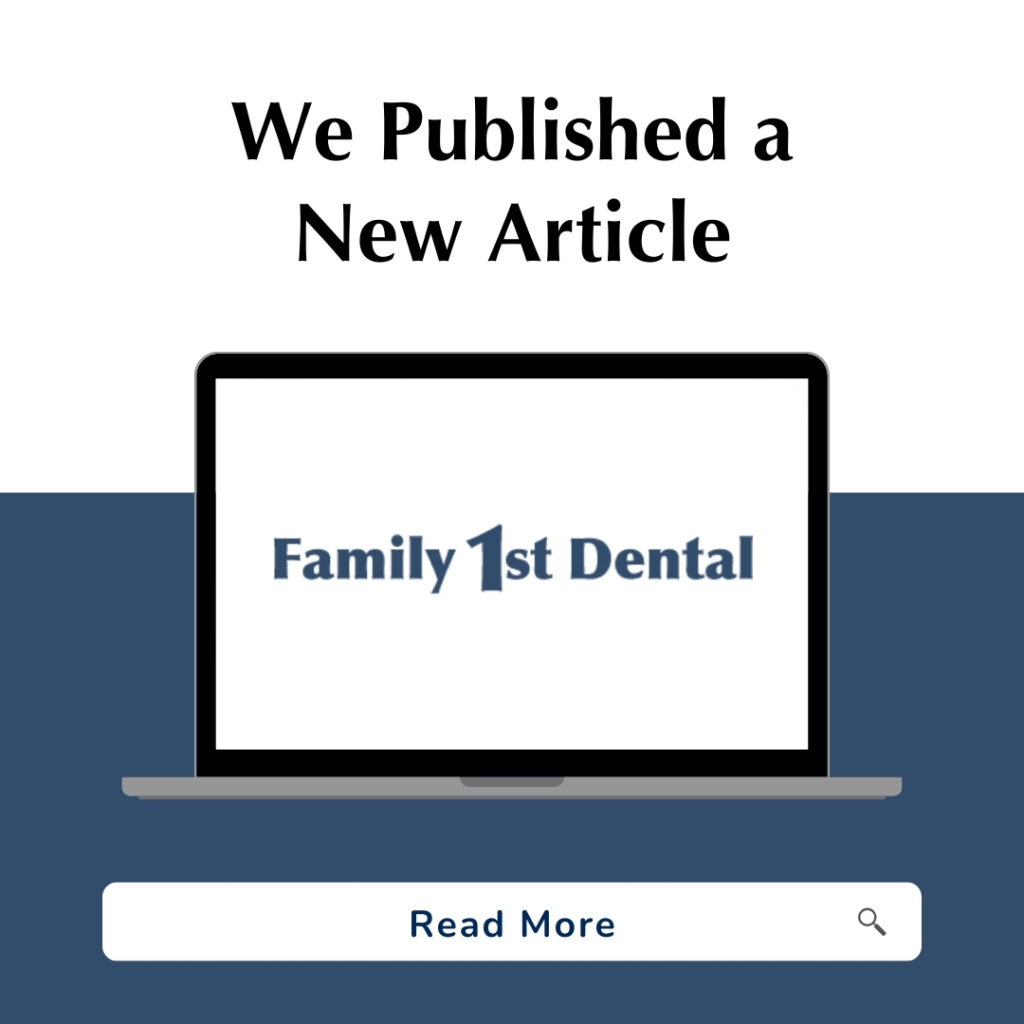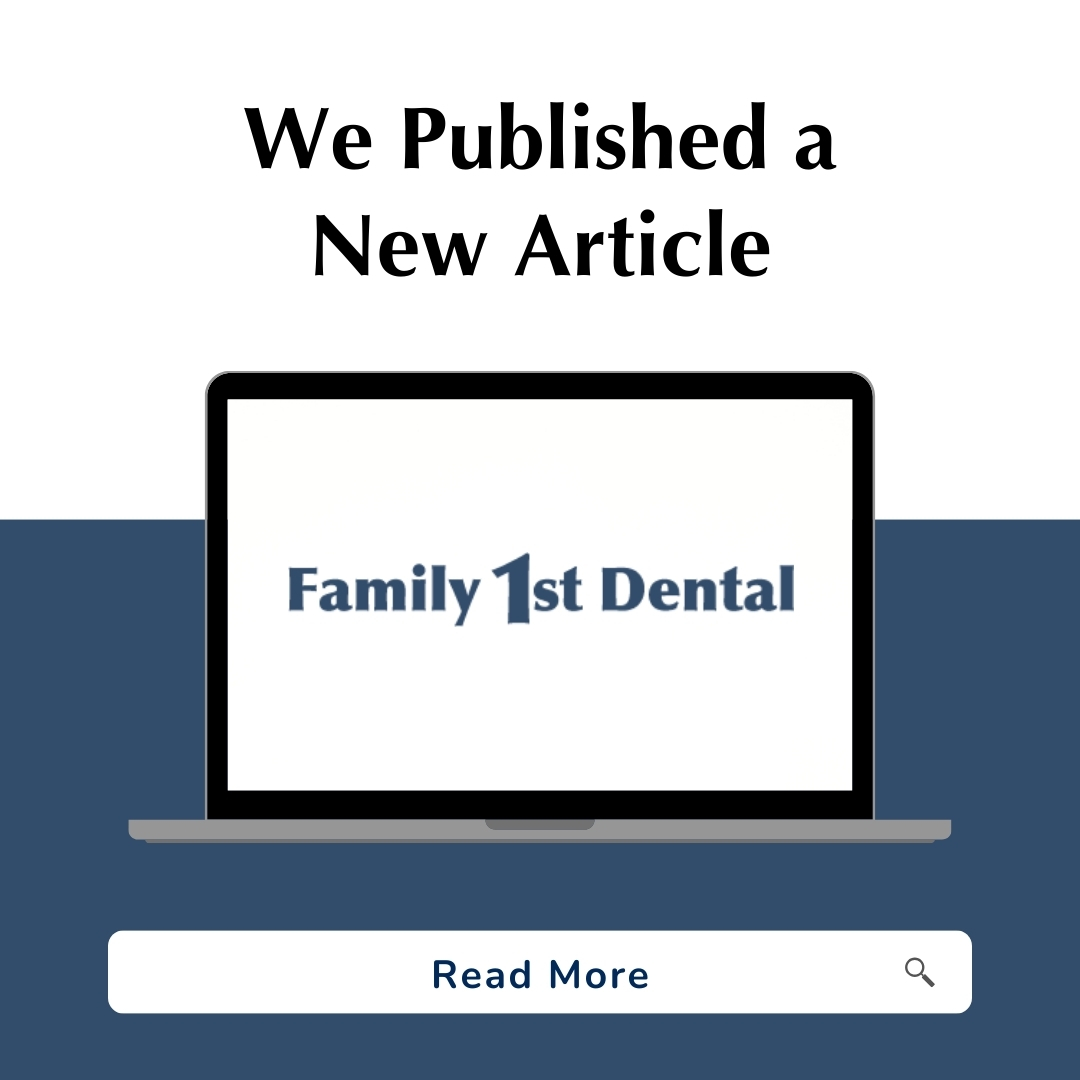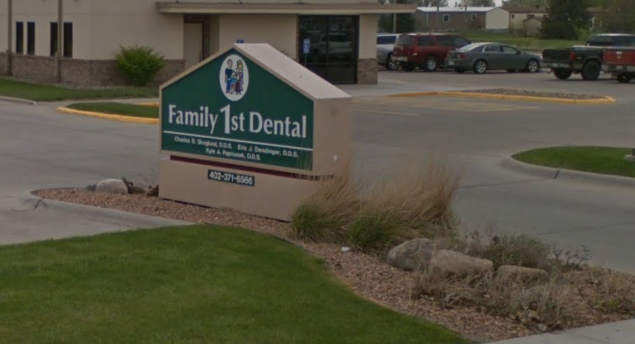
Tooth decay is the most common chronic disease among children and adolescents. Shockingly, about a quarter of children and over half of teens are affected by it. The Centers for Disease Control and Prevention (CDC) also reports that 90% of adults over age 20 have some level of tooth-root decay. However, tooth decay is highly preventable. By implementing effective dental care practices during childhood, we can promote better long-term oral health.
At Family 1st Dental, your trusted dentist in Norfolk, we emphasize the importance of preventive care for maintaining healthy smiles. Here are some essential practices that can help prevent tooth decay, gum disease, and other oral health issues at every age:
Hygiene
- Brush Twice Daily: Use a soft-bristled brush to clean your teeth twice a day. Ensure you also gently clean your tongue with your toothbrush or a tongue scraper.
- Fluoride Toothpaste: Use fluoride toothpaste to help strengthen enamel. Children should use toothpaste specifically designed for their age group.
- Replace Toothbrushes: Change your toothbrush every 2-3 months or sooner if the bristles are frayed.
- Clean Between Teeth: Use dental floss or another interdental cleaner daily. Consult with your hygienist for recommendations and instructions on effective use.
Diet
- Healthy Eating: Consume a balanced diet rich in fruits and vegetables. Limit sugary and acidic foods that can harm your teeth.
- Hydration: Drink plenty of water throughout the day to help wash away food particles and bacteria.
Sealants
A study by the American Dental Association (ADA) and the American Academy of Pediatric Dentistry (AAPD) found that dental sealants can prevent up to 80% of tooth decay in permanent molars for children and teens. Adults can also benefit from sealants, as they help prevent tooth decay without any reported adverse effects. Talk to our dentist about whether dental sealants are a good option for you or your child.
Fluoride
The fluoridation of public water is recognized by the CDC as one of the great public health achievements of the 20th century. Studies show that children with access to fluoridated water have up to 40% less tooth decay. If you are concerned about the strength of your tooth enamel or live in an area without fluoridated water, ask our dentist in Norfolk whether supplemental fluoride is right for you.
Dental Care
- Regular Check-Ups: Visit Family 1st Dental for professional cleanings and thorough exams at least twice a year, or as recommended by our dentist.
- Early Treatment: Seek prompt treatment if any dental issues are identified to prevent them from worsening.
Effective preventive care can save time and money while ensuring a lifetime of healthy, beautiful smiles. For more information about tooth decay prevention and to schedule your next appointment with our experienced dentist in Norfolk, contact Family 1st Dental today.
Your journey to a healthier smile starts here!













